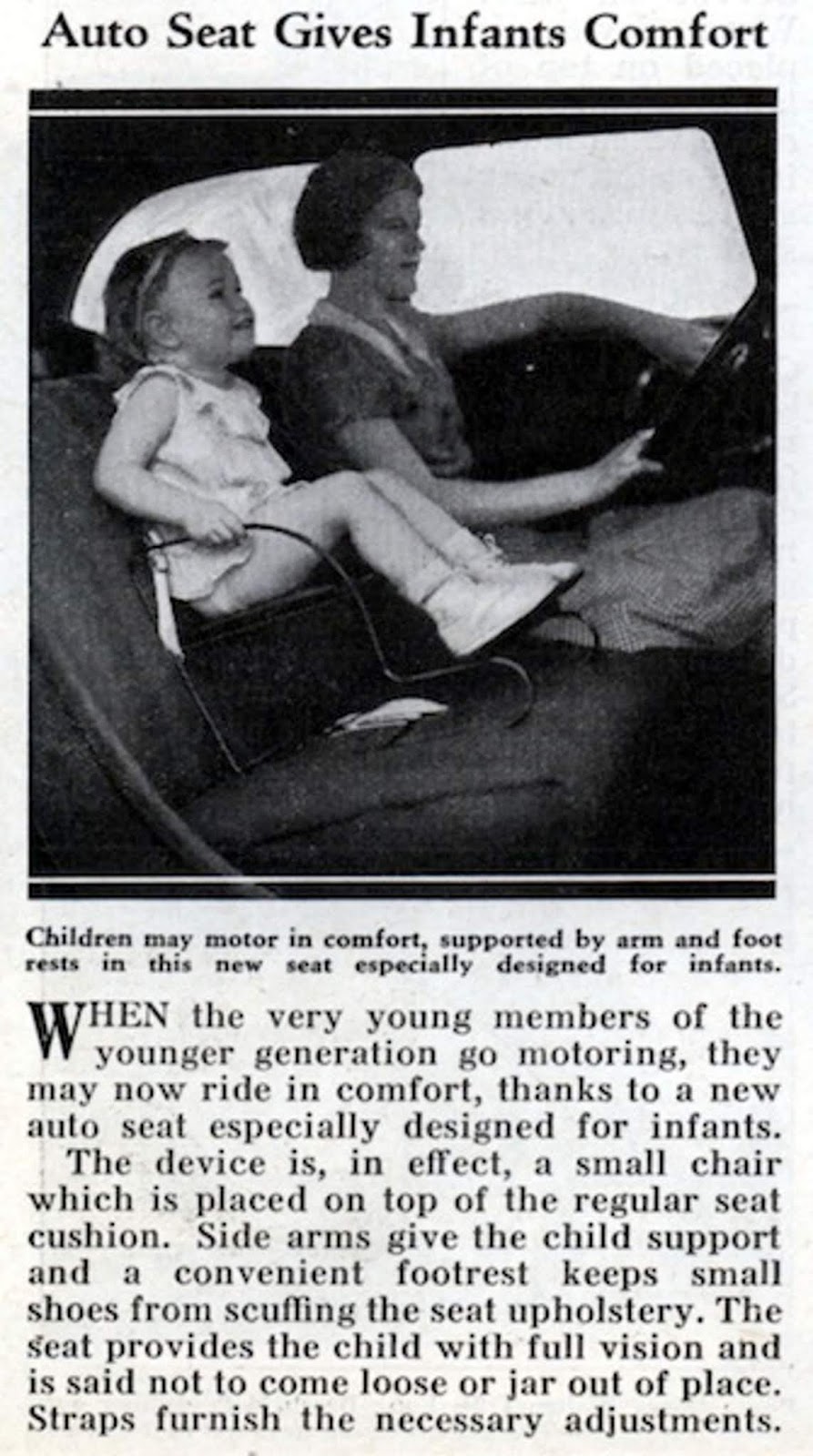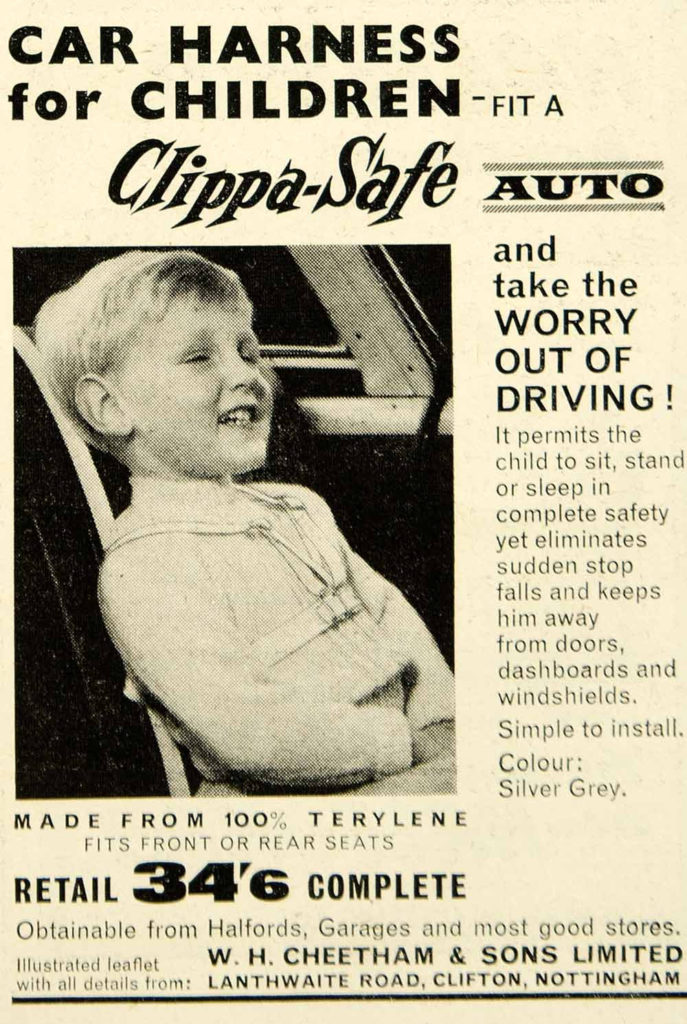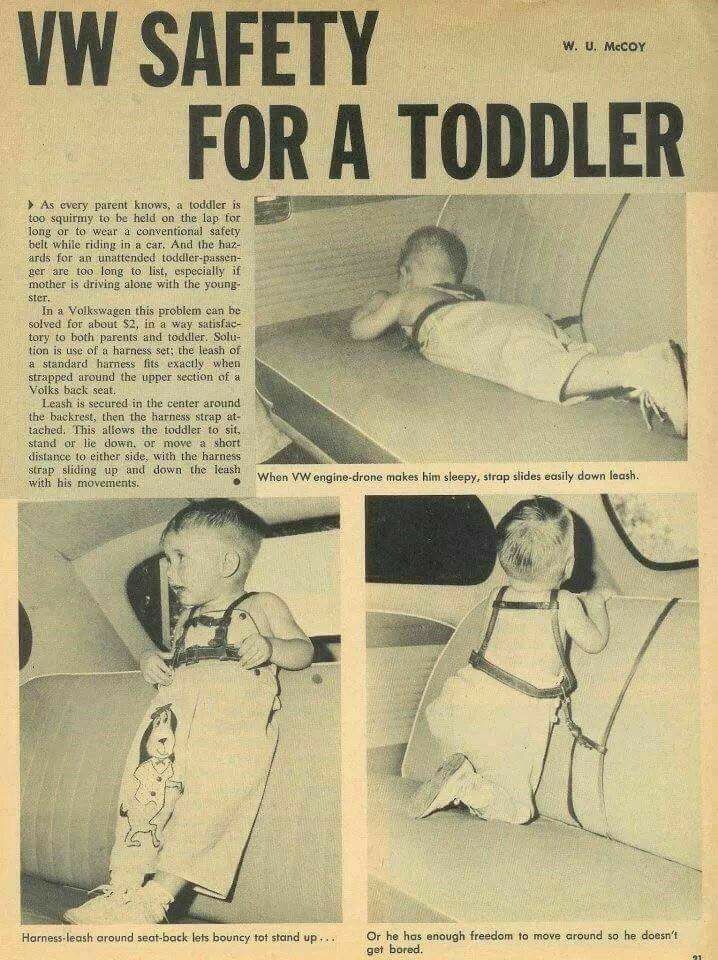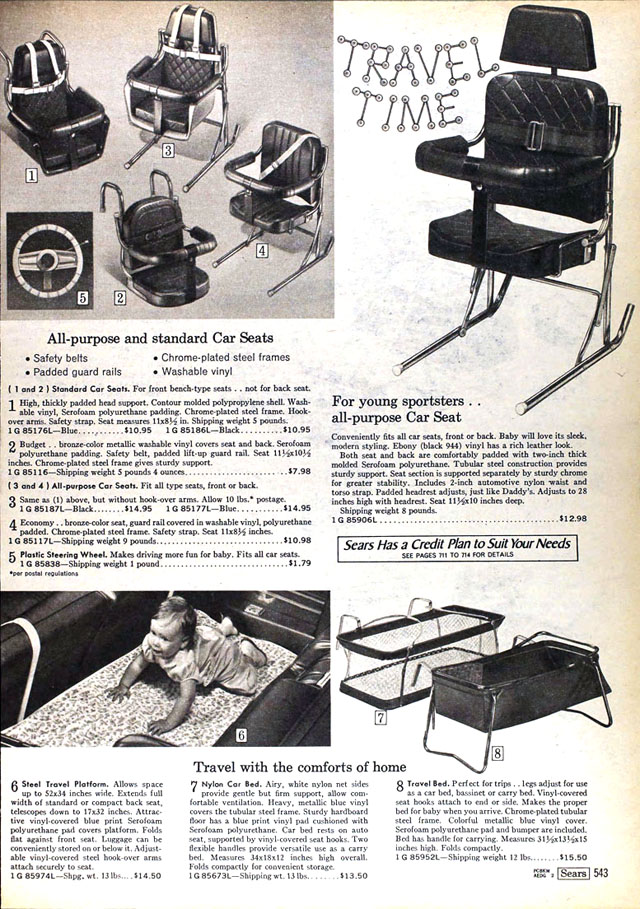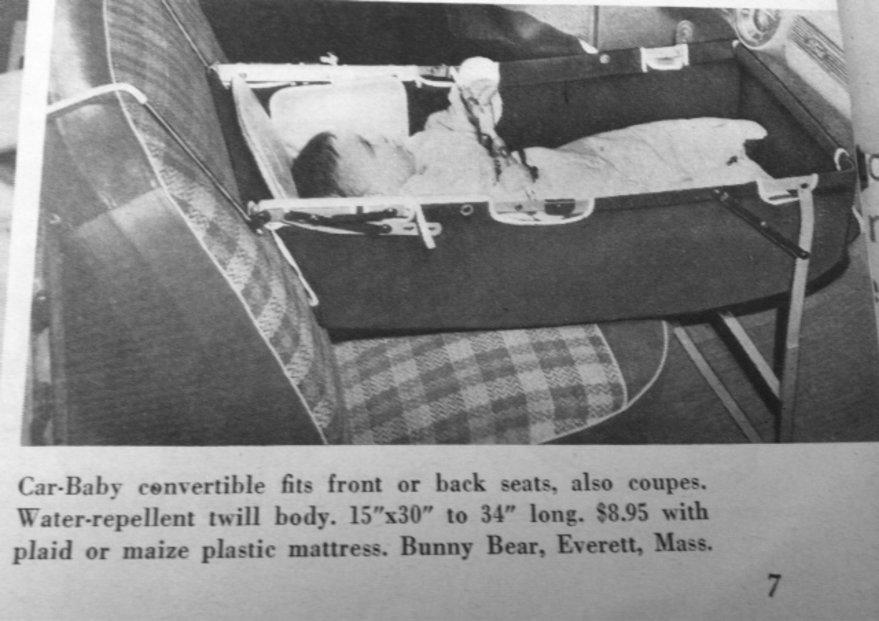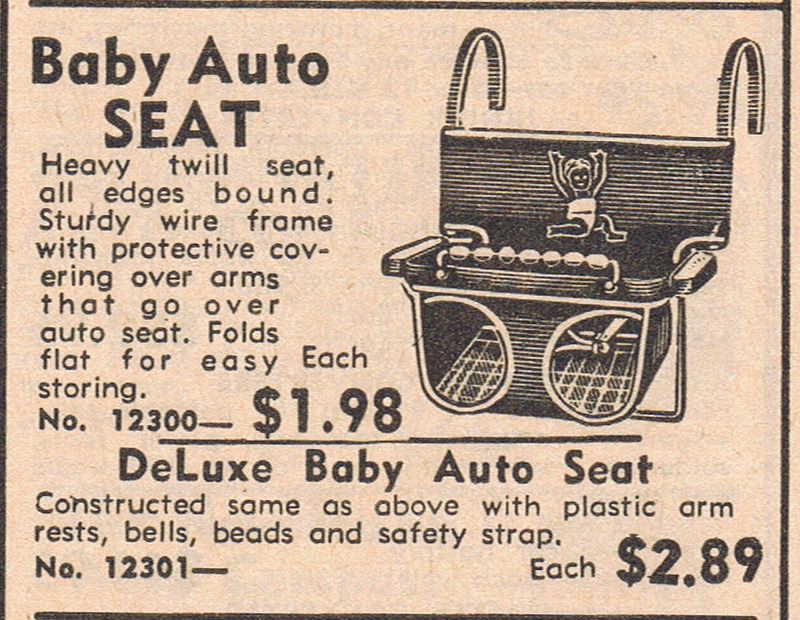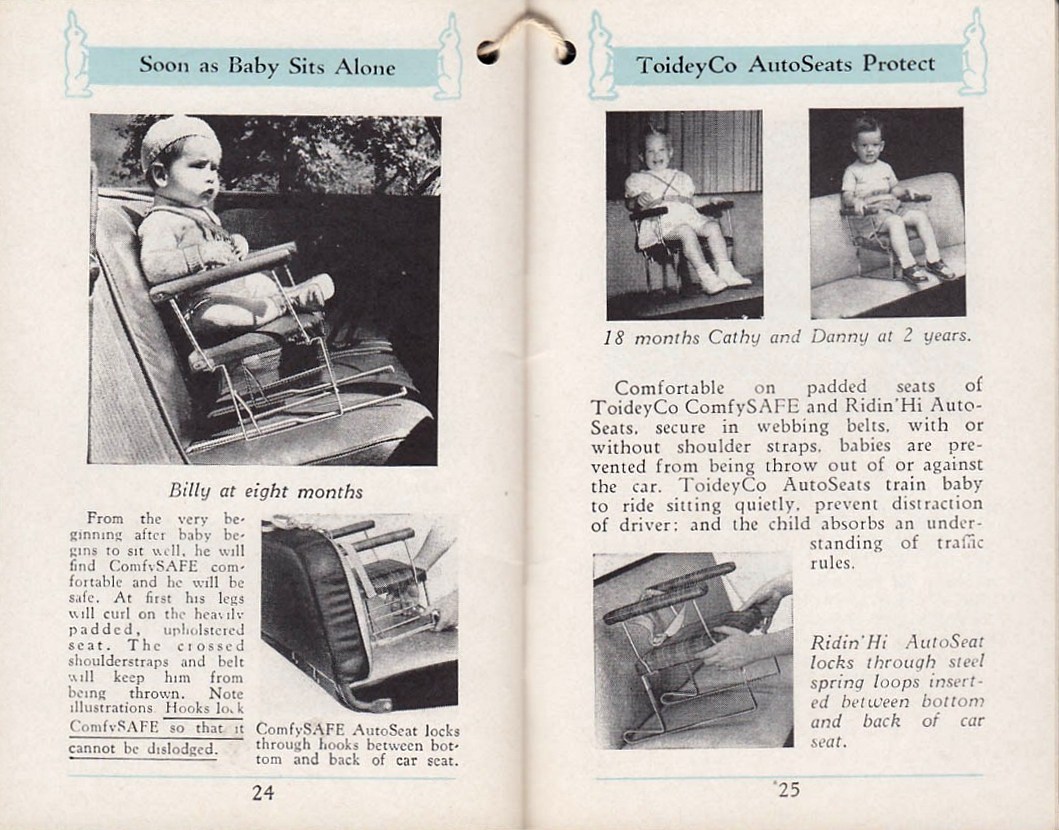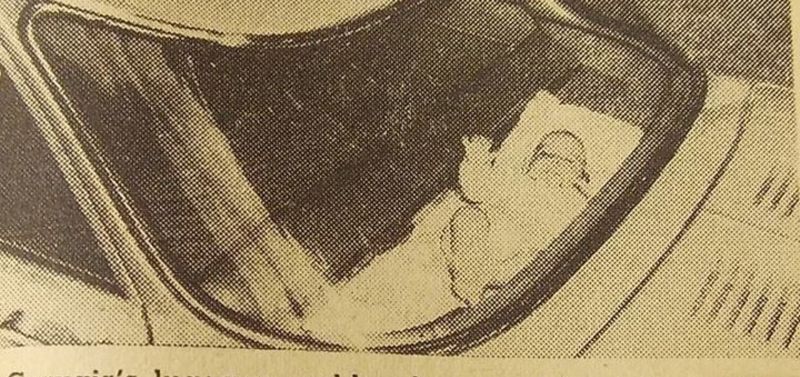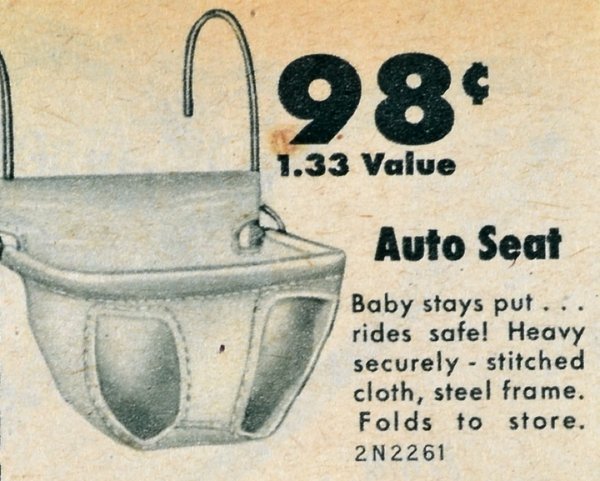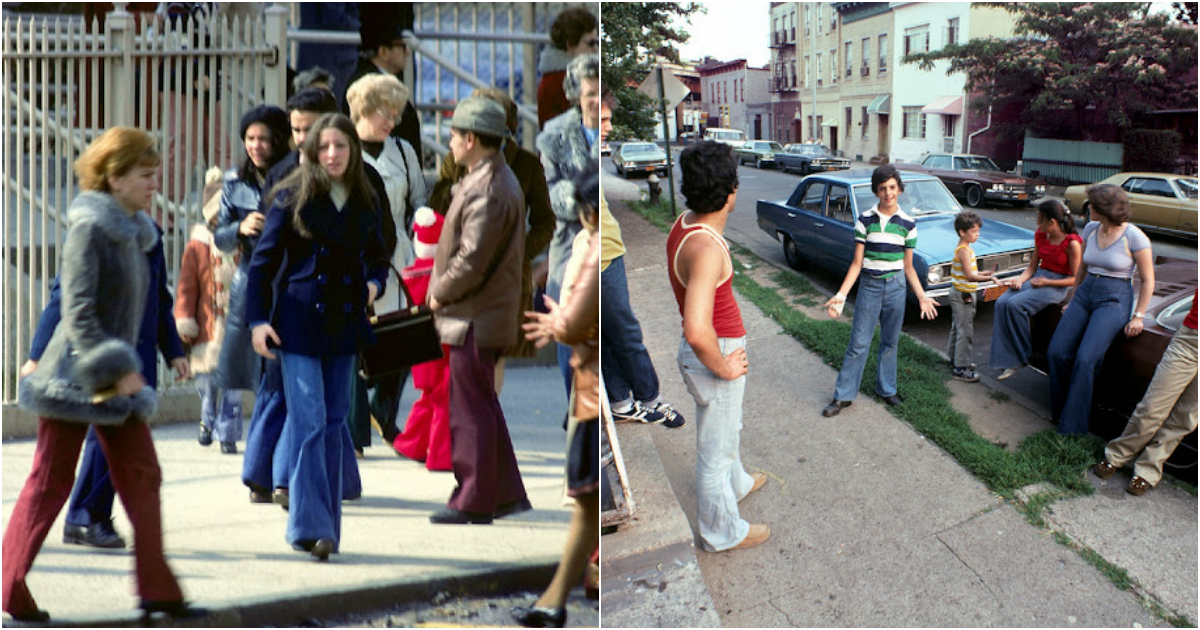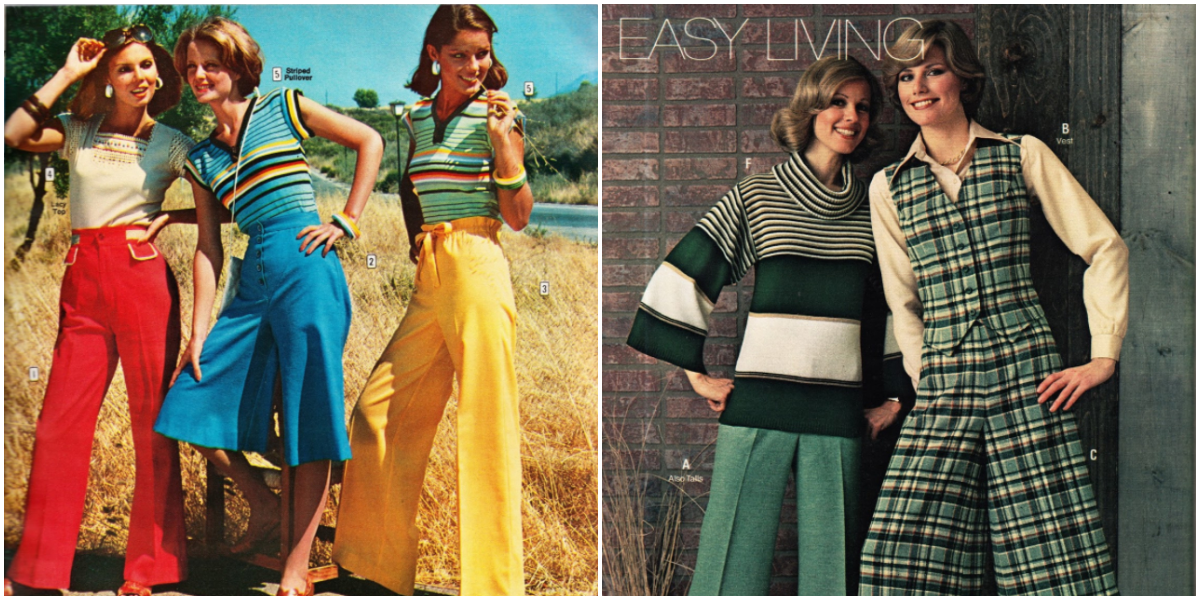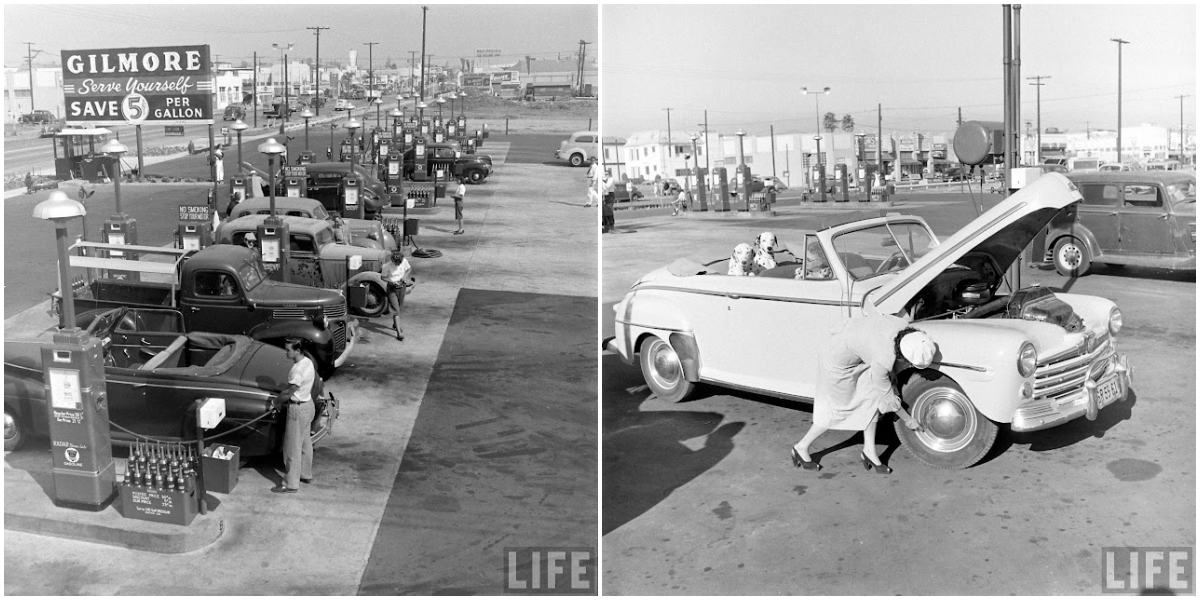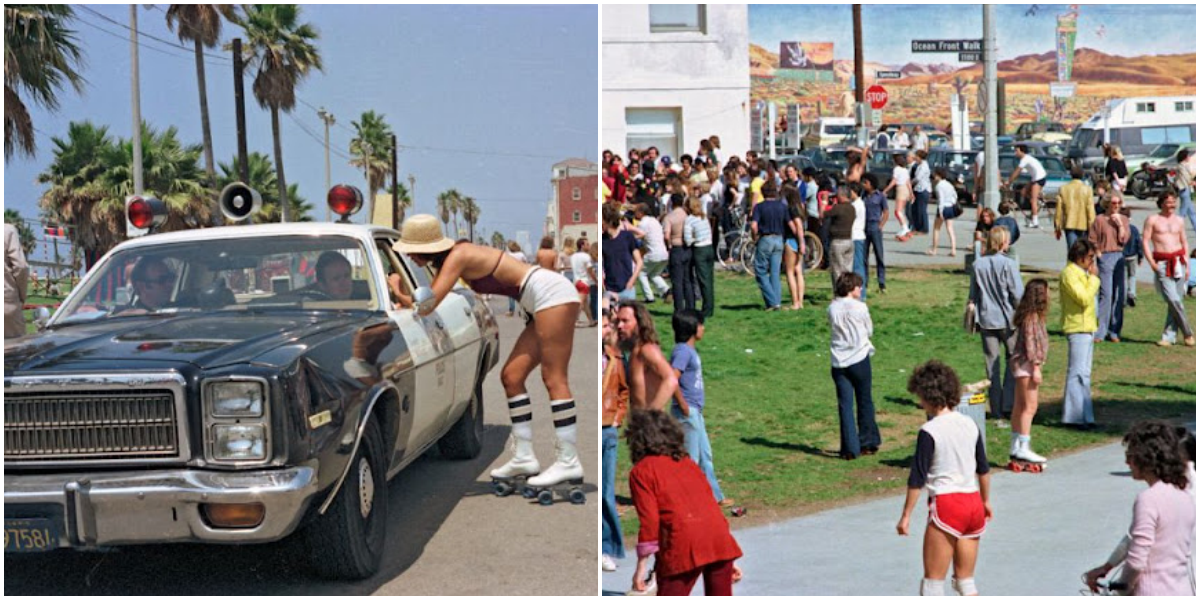
In the world we live in today, car seats have become a standard safety measure, following strict rules to keep our kids secure during rides.
But if we take a quick look back, not too far, we’ll find a time when things were quite different – a time without such rules. When cars were new on the roads, both grown-ups and kids didn’t have anything to hold them in place.
As parents began to understand that having children in the car could be distracting and risky, they came up with the idea of using something to keep them still.
But those early attempts weren’t all that great when it came to making sure kids were safe. The designs were pretty basic, and safety wasn’t the top priority.
Though child seats were beginning to be manufactured in the early 1930s, their purpose was not the safety of children.
The purpose was to act as booster seats to bring the child to a height easier for the driving parent to see them.
It was not until 1962 that two designs with the purpose of protecting a child were developed independently.
British inventor Jean Ames created a rear-facing child seat with a Y-shaped strap similar to today’s models.
American Leonard Rivkin, of Denver Colorado, designed a forward-facing seat with a metal frame to protect the child.
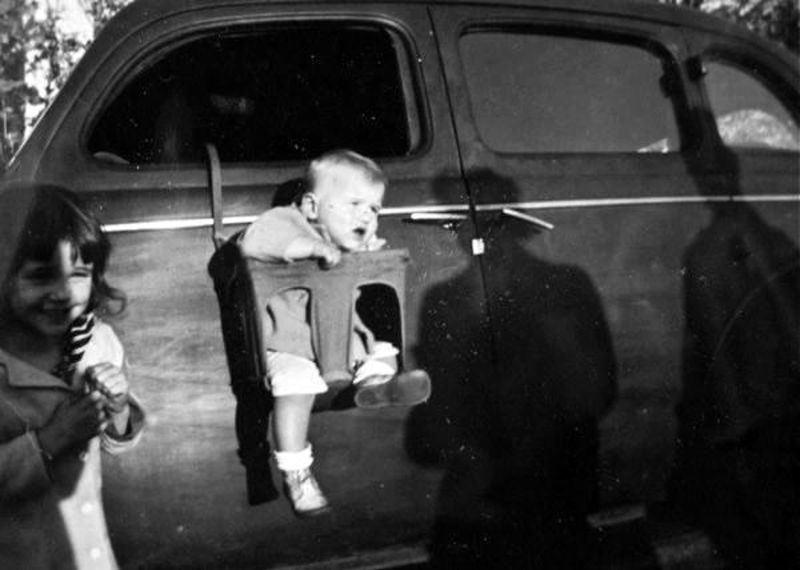 Seat belts for adults were not standard equipment in automobiles until the 1960s. Child safety seats first became available in the late 1960s, but few parents used them.
Seat belts for adults were not standard equipment in automobiles until the 1960s. Child safety seats first became available in the late 1960s, but few parents used them.
By the 1970s, regulatory bodies and organizations began to address child safety concerns in earnest. Yet, the designs of these early child car seats were far from the sophisticated models we know today.
They featured minimal padding, lacked adequate harness systems, and often failed to provide the requisite protection in the event of a collision.
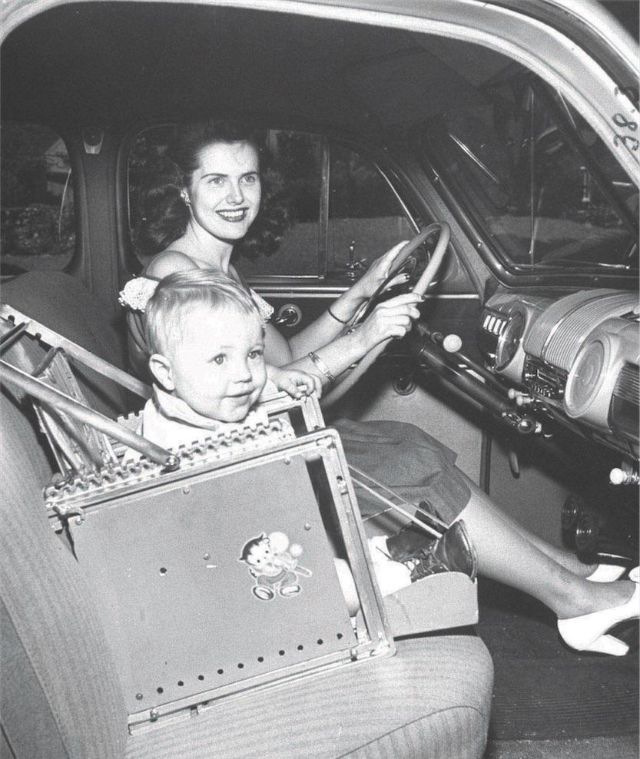 In hindsight, these early designs serve as poignant reminders of the incremental nature of progress.
In hindsight, these early designs serve as poignant reminders of the incremental nature of progress.
They underline the gradual transition from rudimentary attempts at enhancing child safety to the meticulously engineered structures that we now entrust our children’s lives.
As we reflect on these bygone designs, we not only appreciate the strides we’ve taken but also acknowledge the dedication that has propelled us toward crafting safety solutions that match the increasing complexity of our vehicles.
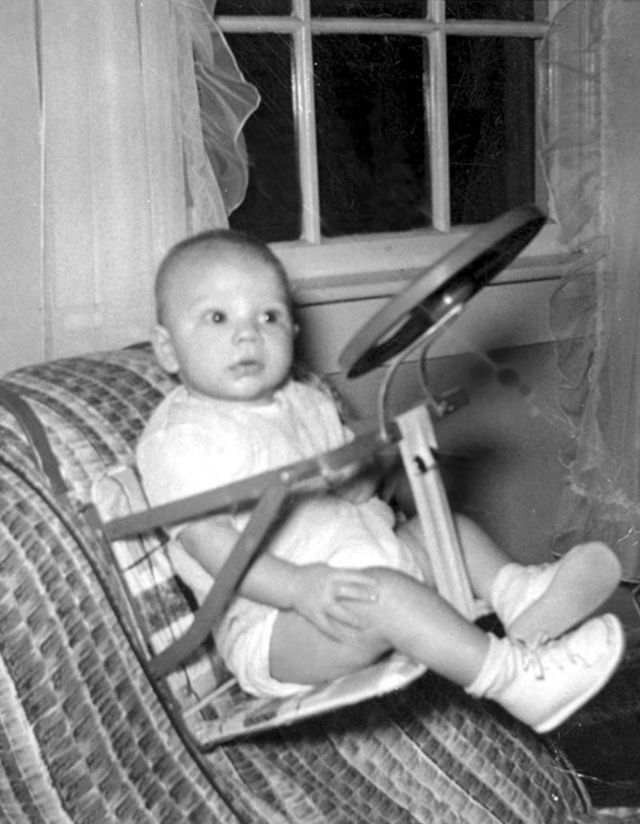
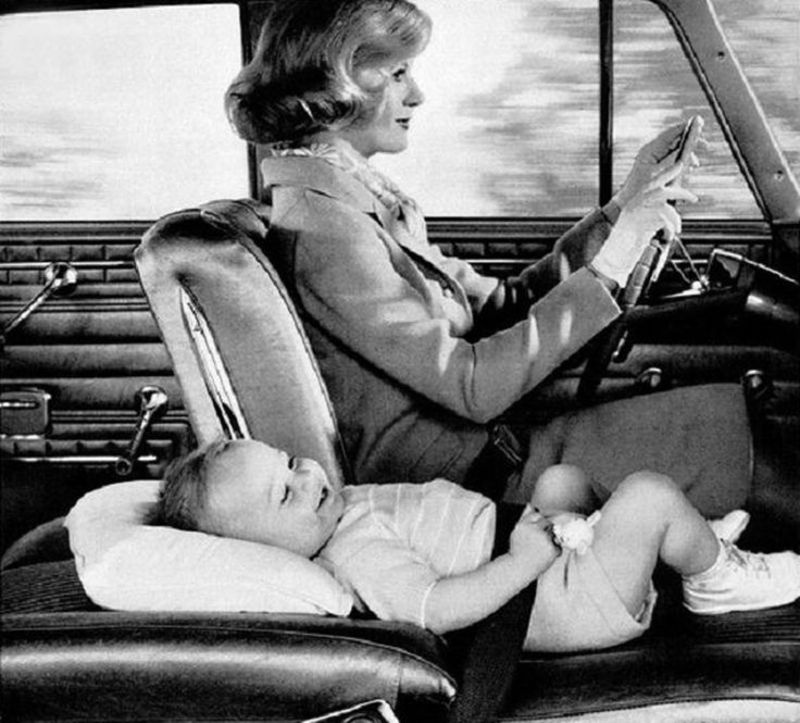
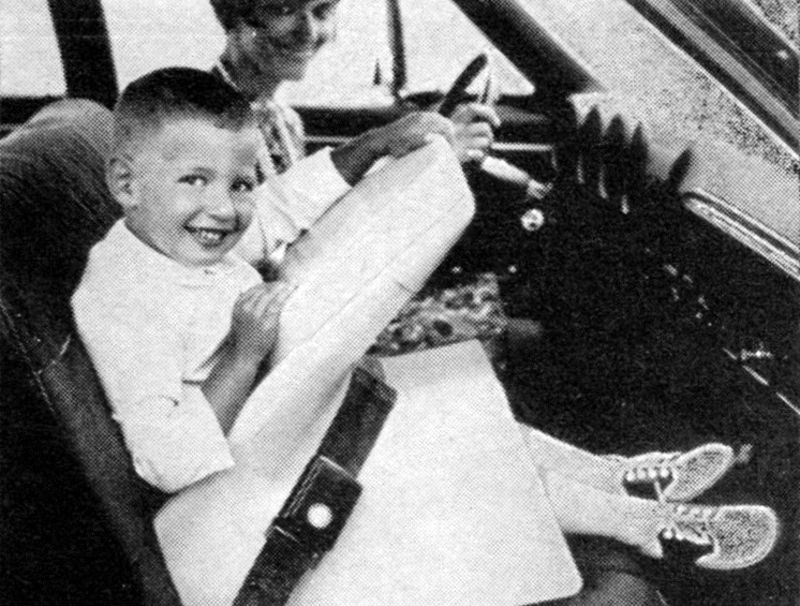



Bunny Bear Booster Seat (1933)
In 1933, the Bunny Bear Company took a pioneering step by introducing the very first car seat. This innovation took the form of a booster seat, ingeniously crafted from a blend of durable metal and luxurious leather.
Placed in the front seats of vehicles, its primary function was to elevate the child’s seating position. The addition of a simple belt provided a basic means of restraint.
It’s important to note that this early creation was not designed with crash safety as its primary focus. Instead, it addressed a different concern of its time – enabling parents to better monitor their children.
During an era when it was common for kids to move freely around vehicles, this booster seat offered a solution to keep them in check.
Additionally, the raised position provided young passengers with an improved view through the windshield, adding an element of excitement to their travel experience.

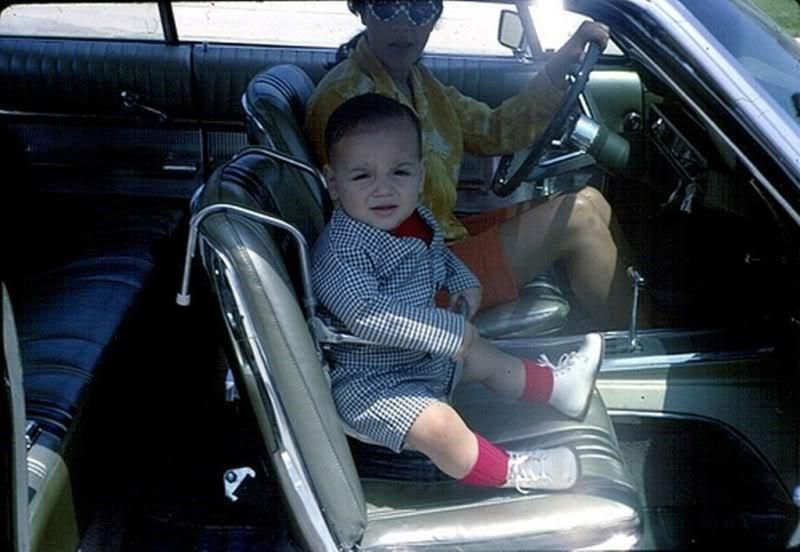




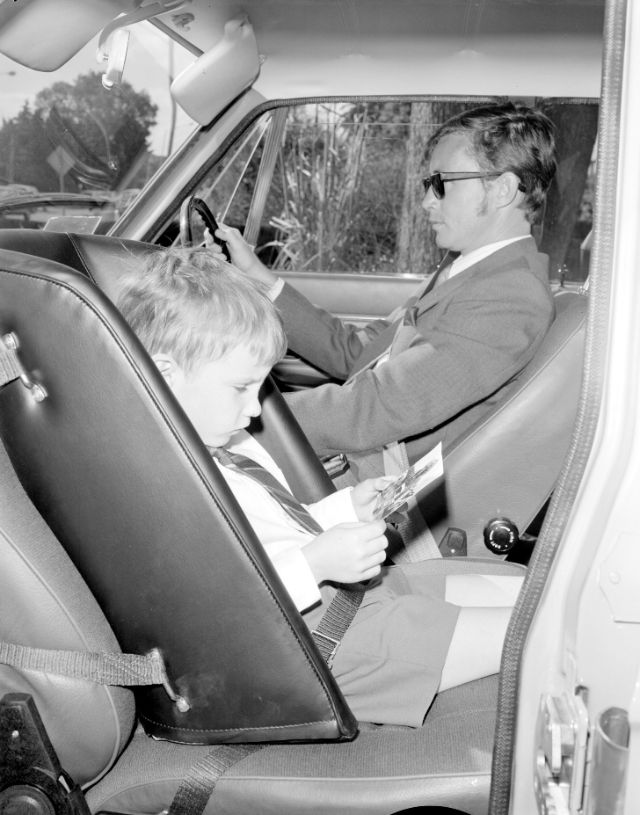
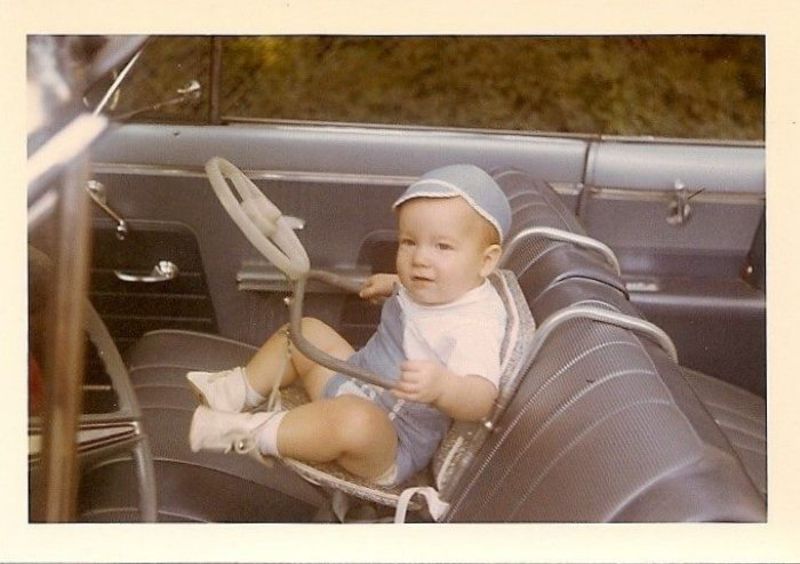

From a 1961 Sears Catalog, this 1961 advertisement for a children’s front seat car belt has shown just how far car safety has come over the years. The clipping saw a toddler sporting a harness attached to a car seat.
Having retailed for US $1.88, the ‘Auto Strap’ was described as a tool that “guards your child as you’re busy driving through traffic”, and was designed for ages one to ten. It also claimed to allow one’s child to “sit, stand, kneel or sleep without disturbing the driver” and also “prevents spills from sudden stops”.
The first kids’ car seat appears to be produced by the Bunny Bear Company in 1933. Designed for the back seat it really functioned as a seat to prop the child higher up in the car so front seat parents could see them.
In the 1940s canvas booster seats on metal frames were available for the front seat, often with their own plastic steering wheel.